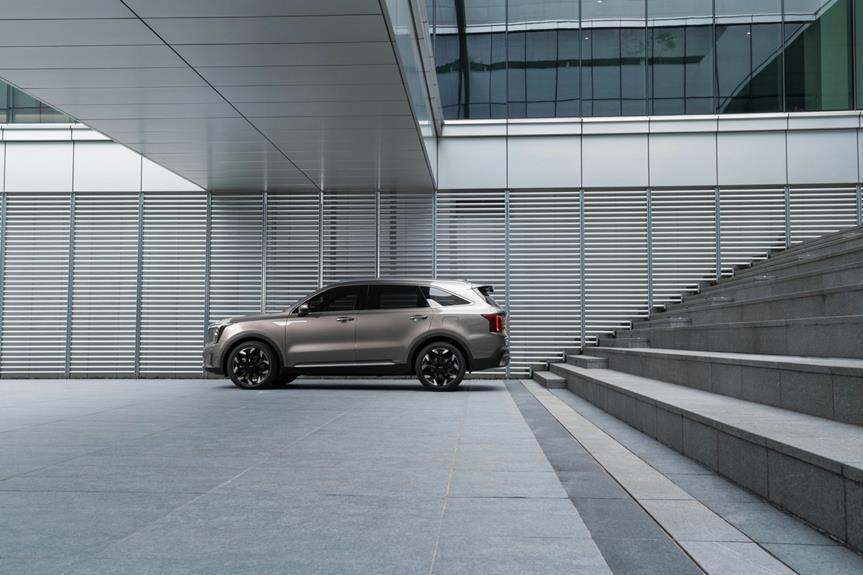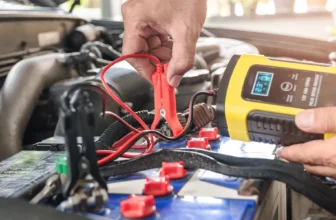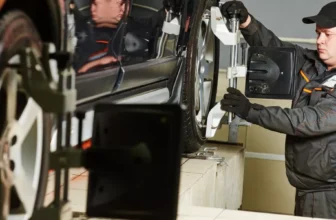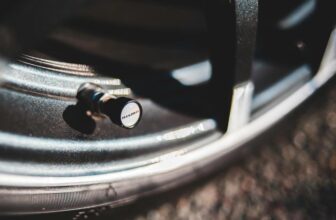
To enhance your car's fuel efficiency, implementing simple yet effective measures can make a significant difference in how far you can go on a tank of gas. From regular maintenance tasks like checking air filters to adopting mindful driving practices, there are various strategies you can employ. But what about lesser-known tips that could further optimize your vehicle's fuel consumption? Stay tuned to discover some surprising methods that might just revolutionize how you approach fuel efficiency and save you money in the long run.
Regular Maintenance Routines
To maintain optimal fuel efficiency in your car, consistently schedule and perform regular maintenance tasks. Keeping up with routine maintenance not only ensures your car runs smoothly but also helps in saving on fuel costs.
Start by regularly checking and replacing air filters. A clean air filter allows for better airflow to the engine, improving fuel combustion. Additionally, ensure your tires are properly inflated. Underinflated tires can decrease fuel efficiency by causing more drag on the road. Regularly checking the tire pressure and inflating them to the recommended levels can help improve gas mileage.
Another important maintenance task is to schedule regular oil changes. Fresh oil reduces friction in the engine, allowing it to run more efficiently. Moreover, maintaining proper engine performance through regular tune-ups can significantly impact fuel efficiency. Simple tasks like checking and replacing spark plugs can make a noticeable difference in how your car consumes fuel.
Optimal Driving Habits
Maintain optimal fuel efficiency by incorporating optimal driving habits into your daily routine. Start by driving at a steady pace and avoiding rapid acceleration and braking. Aggressive driving can lower your gas mileage by up to 33% on the highway and 5% in the city.
Keep a safe distance from the vehicle in front of you to anticipate traffic flow and avoid unnecessary stops and starts. Use cruise control on highways to help maintain a consistent speed and improve fuel efficiency. Additionally, avoid idling for extended periods as it wastes fuel – turn off your engine if you anticipate being parked for more than a minute.
Plan your trips efficiently to reduce the number of short journeys, as a warmed-up engine is more fuel-efficient. By being mindful of these driving habits, you can significantly improve your car's fuel efficiency and save money on gas in the long run.
Proper Tire Care
Improve your car's overall performance and fuel efficiency by ensuring proper tire care. Maintaining the correct tire pressure is crucial for reducing rolling resistance and improving gas mileage. Check your tire pressure regularly, at least once a month, using a pressure gauge to ensure they're inflated to the recommended levels specified in your vehicle's manual. Underinflated tires can decrease fuel efficiency by causing more drag on the road, while overinflated tires can lead to uneven wear and reduced traction.
Additionally, make sure to have your tires properly aligned and balanced. Misaligned tires can cause uneven wear, reducing fuel efficiency and potentially compromising your safety on the road. Properly balanced tires help prevent unnecessary strain on your vehicle's suspension and drivetrain, contributing to better fuel economy.
Regularly inspect your tires for signs of wear and damage, such as cracks, bulges, or uneven tread wear. Addressing these issues promptly can improve both your car's fuel efficiency and overall handling. By taking care of your tires, you not only save money on fuel but also enhance your driving experience.
Efficient Route Planning
Plan your driving routes strategically to maximize fuel efficiency and save on gas costs. By choosing the most efficient routes, you can reduce the distance traveled and the time spent idling in traffic, ultimately saving fuel. One way to do this is by utilizing GPS navigation systems or apps that offer real-time traffic updates to help you avoid congested roads. Planning your trips during off-peak hours can also help you encounter less traffic and stop-and-go situations, which can significantly impact your fuel consumption.
Another tip for efficient route planning is to combine multiple errands into one trip. By grouping your tasks together based on location, you can minimize the number of separate trips you need to take, reducing overall mileage and fuel usage. Additionally, when possible, opt for routes with smoother roads and fewer hills, as constant acceleration and deceleration on hilly terrains can lead to increased fuel consumption.
Minimize Excess Weight
Consider removing unnecessary items from your car to boost fuel efficiency. Extra weight in your vehicle can lead to increased fuel consumption. By minimizing excess weight, you can improve your car's overall fuel efficiency. Take some time to declutter your trunk and back seats. Items like sports equipment, tools, or other heavy objects that you don't need for your current trip can be left at home to lighten the load on your car.
Even though it may seem insignificant, every pound of extra weight can impact your fuel efficiency, especially for smaller vehicles with less engine power. Remember to clean out your car regularly and only carry essentials to help save on gas.
In addition to removing unnecessary items, you can also consider using lightweight materials for car accessories like roof racks or cargo carriers. Opting for lighter options can help reduce the overall weight of your vehicle and contribute to better fuel efficiency. By being mindful of the weight you carry in your car, you can take a simple yet effective step towards improving your car's fuel economy.




